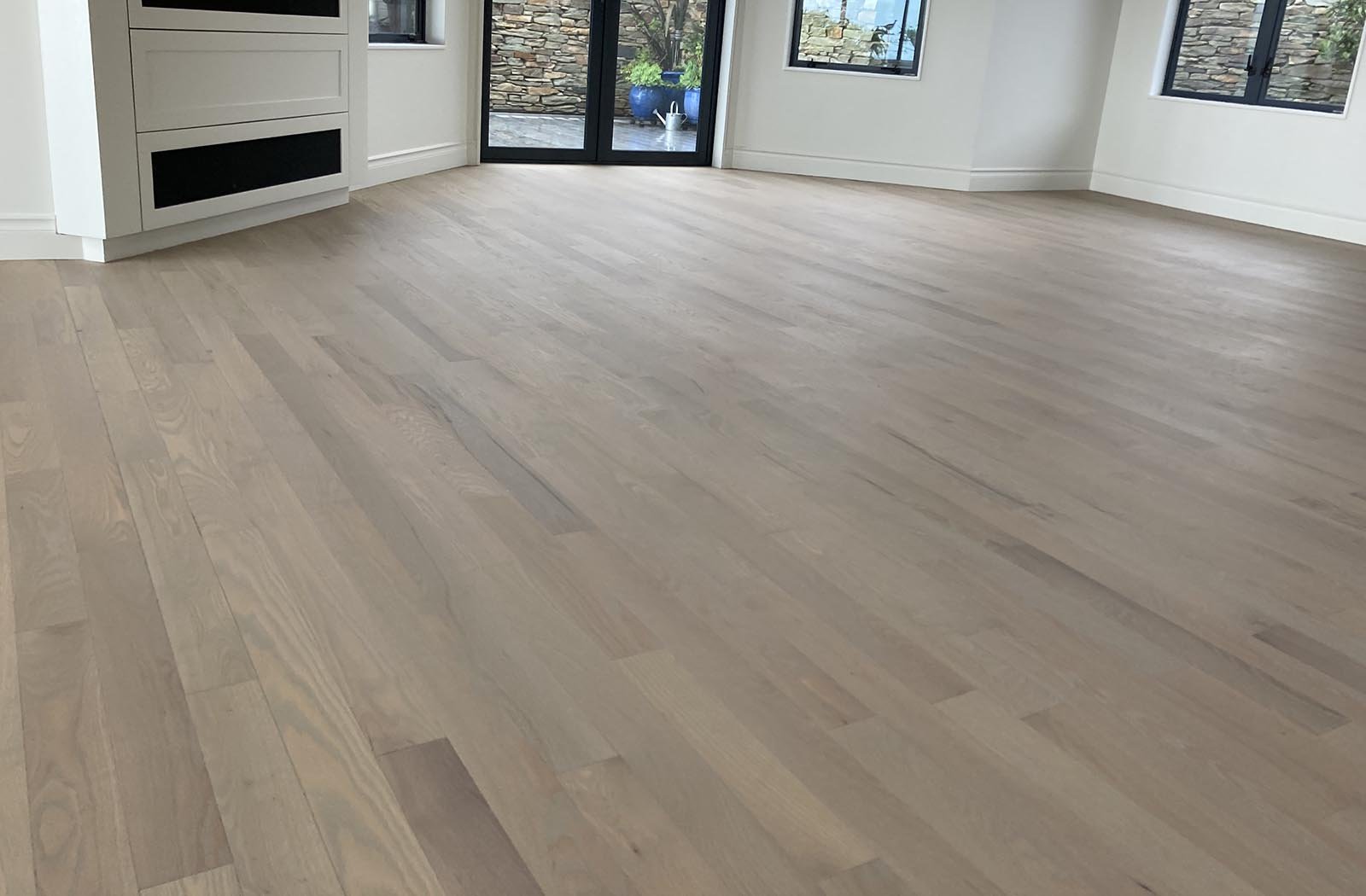
What to Expect
How we go about our work
Before, during and after your flooring application…
Like any investment, a beautifully finished floor requires on-going maintenance and care to ensure it looks beautiful for many years to come. You can preserve its value and finish by looking through the following tips and advice for before, during and after your flooring application.
Preparing for your flooring application
Before our team arrive, you are required to remove all furniture as well as floor coverings (including staples, tacks and other items).
Ensure that adequate lighting and power will be available for the applicators and their equipment.
Provide clear and safe access to the site for the workers.
What to expect with your flooring finish
We will provide a detailed explanation of the work to be completed included in the quote so you can be sure you know what is going to happen.
Our expert floor sanders will give a professional sanding and coating job.
The floor nails will be punched.
We will fill all nail holes, knot holes and gaps at the end of boards with the appropriate filler.
A coating that will provide many years of beauty, provided it is properly maintained.
What not to expect with your flooring finish
Your environment to be completely dust free. While we use the best modern sanding machinery that is fitted with dust collecting equipment, it is next to impossible to clean away all the dust. Our equipment will try to clean away as much of the dust as possible, but there will be a few resulting consequences due to the difficulty in getting rid of all the dust:
There will always be some dust particles that settle on the newly finished surface.
There will be an amount of dust throughout the rest of the house.
Removal of deep cuts from the timber floor boards. Deep cuts could be caused from carpet trimming knives.Stain removal from within the floor boards and around nail holes.
Gaps to be filled inbetween the floor boards. The reason for this is because subsequent shrinkage and expansion in the timber will cause cracking in the filler.
Areas filled with putty to have the same feel of the rest of the timber.
Things to consider during your new home build
Ensure you know when the start and end dates should be for the floor sanding and coating job, this is important if you’re building or renovating your home and are doing other work on the home as well.
Your timber floor work should only be started after all other electrical, carpentry, plastering, plumbing and glazing work has been completed.
We also recommend finishing any and all painting (except for the final coat on skirting boards) before beginning on the floors. The final coat for skirtings may be done after the floors have been sanded and coated.
Be wary that any silicone or silicone based product that come into contact with the floor after sanding, but prior to any of the 3 coats have been done, will result in the coatings being rejected. Silicone can often be found on the footware of plumbers and glaziers.
Don’t lay out any carpets until after the floors have been finished.
Preventing scratches and dents
Dirt and grit introduced into your floors will result in scratches, and also reduce the floor’s sparkle.
It’s important to sweep or vacuum your floor at least once a week to remove any of this dirt and grit.
To ensure the floors are kept clean, put door mats outside and inside each external door to capture dirt.
High heels and stiletto shoes can cause dents in your timber floor, so ensure people entering your home or office remove these before walking on your floors.
Preventing discolouring
Over time, direct sunlight can cause changes in the colour of your wooden floors.
You can avoid this fading and discolouring by closing curtains and blinds whenever possible.
You will also find that certain placement of rugs can cause the timber to fade unevenly, so moving these (and other furniture) occasionally will allow it to ‘even out’.
Cleaning and maintaining your floors
It’s important that your wooden floors are cleaned with as little water as possible.
Never use a wet mop or other water based cleaners on your floor, as they can affect the moisture content of the timber and may result in cupping.
Once you’ve sweeped or vacuumed your floor, finish with a slightly damp mop and use a positive emulsion cleaner specifically designed for timber floors.
Do not use household cleaners on your floors, as they may contain certain harsh chemicals which can affect the floor finish.
Liquid spills should be wiped using a soft cloth.
